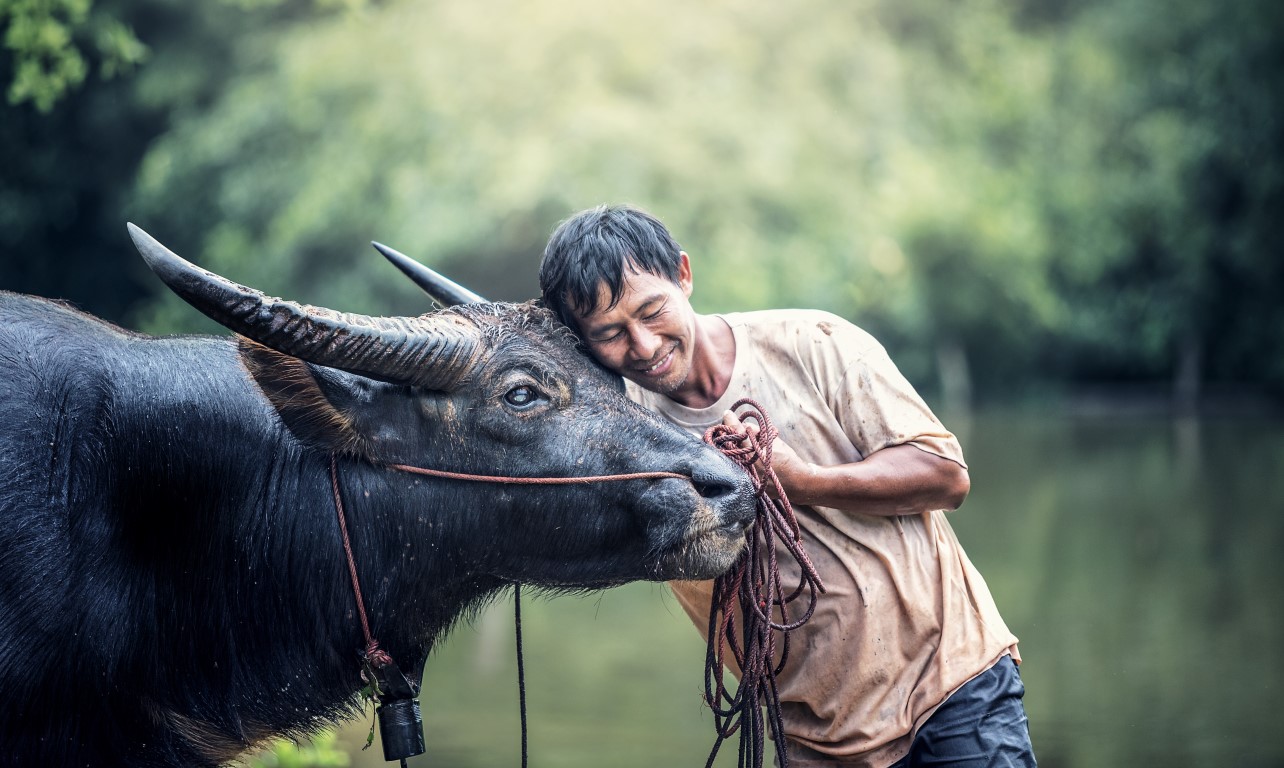The Global Pact for the Environment (the Pact) is a new international environmental law being proposed by France. The Pact aims to fill gaps and inconsistencies in existing multilateral environmental agreements, in order to unify the body of international environmental law. The proposal is being taken forward by the United Nations (UN), and, given the various ways human uses of animals impact the environment which are currently excluded from environmental law, the Pact represents an opportunity for animals to be included in international law.
 France kickstarted the initiative in the summer of 2017. By May of 2018, the UN General Assembly had passed a resolution laying out a plan to consider the need for such a policy and to provide member states the opportunity to consider whether to pursue the Pact. This included:
France kickstarted the initiative in the summer of 2017. By May of 2018, the UN General Assembly had passed a resolution laying out a plan to consider the need for such a policy and to provide member states the opportunity to consider whether to pursue the Pact. This included:
- An organizational meeting held at UN Headquarters in New York in September 2018, to determine the frequency and number of negotiations
- A report developed by the UN Secretary-General analyzing the existing gaps in environmental law
- Substantive meetings providing a platform for member state discussions, to be held at UN Environment in Nairobi.
Working through its International Policy Forum (IPF), a network of animal policy experts, World Animal Net developed a brief outlining the ways in which animals can be considered "gaps" in environmental law, and how and why they should be incuded in the Pact. Compassion in World Farming, Cruelty Free International, Born Free, and the International Fund for Animal Welfare were especially helpful in drafting this brief.
The brief was sent to the secretariat for the Global Pact for the Environment, the Pact's co-chairs (Portugal and Lebanon), and member states who had supported the 2018 General Assembly resolution on the Pact. We were pleased to receive positive responses from several member states, and will be meeting with them during the first substantive meeting on the Pact in Nairobi, which will take place from 10 to 14 January, 2019, alongside IPF members who will also be attending.
In November, the Secretary-General released the Gap Report, which included only ancillary references to animals, primarily as "biodiversity."
You can downloard the briefing by clicking here, and can review other submissions regarding the Global Pact for the Environment on the Pact's new website.
Photo credit: Pexels.
